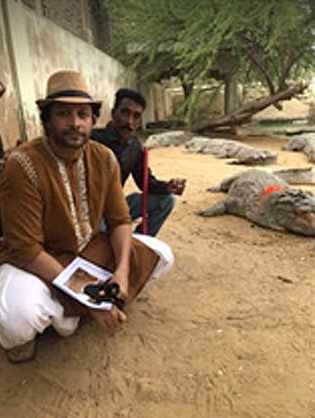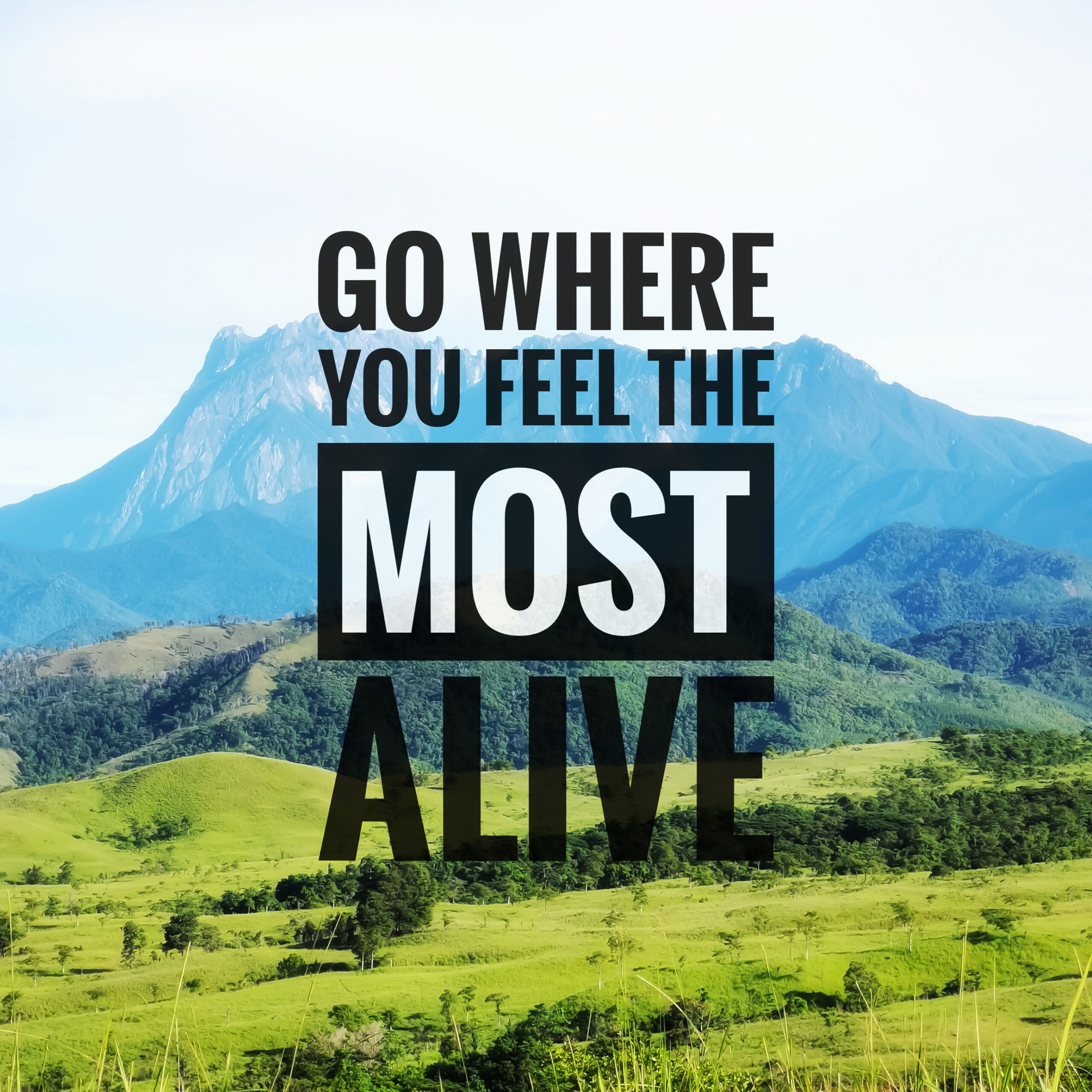Call Me Gaia
A Living Planet – Our Home
What we build reaches into the Earth and the Earth reaches into what we build. We are one.
Call Me Gaia. Wondering who Gaia is? She is the Greek name for the planet called ‘Earth’ in English. Today there are over 7,000 spoken languages on the Earth. Each with a word naming our home planet. Here are just a few: Jigu in Korean; Dharti in Pakistan’s Urdu; Toprak in Turkish; Duniya in Swahili; Umhlaba in Zulu; Tierra in Spanish speaking countries.
What is your language’s word for Earth, your home? Your word points to the same Earth I call Gaia. Without our shared Earth’s air to breathe, its water to drink, the soils and plants of the Earth to eat, and the energy from the sun, no life is possible on this planet, our only home.
The Earth — Our Home
How would you describe our home planet to an alien? Is it ‘where you feel most alive?’ Fully in your body and able to breathe deeply, letting yourself relax? Is it the seasons and weather that you must contend with daily when deciding what to wear? Or perhaps you have never thought about describing planet Earth to an alien.
Try this. When did you last go outside your home feeling that you were missing something even though you had some place you were headed? Then something unexpected caught your attention. And suddenly you were ‘following your nose’ wherever it led. Not judging yourself. Trusting your instincts. Finding yourself someplace in nature and feeling fully alive.
Take what happened to atmospheric chemist James Lovelock. He was walking with a friend in nature, describing his recent discovery. NASA had hired him to explore from his office on the Earth neighboring planets. His purpose was finding another planet like ours with life. But instead, he found that no other planet had an atmosphere like Earth’s that adjusts to changing cosmic events to continue to support life.
What to call his extraordinary discovery? That was Lovelock’s challenge. Today Lovelock’s revelation that we are embedded in a living planet is widely accepted as the Gaia Hypothesis.
Heritage People & Places Nurture Our Home
People often ask: ‘Why is my Heritage worth knowing or for that matter, the Heritage of others who are different from me?’ My answer is because we are all members of the same species – Homo sapiens. And because Homo sapiens’ current way of living on the Earth disregards the necessary conditions to support life on Earth. This disregard has led to both the COVID-19 Pandemic, variants, and the Climate Crisis. The Earth of which we are part cannot sustain our current habits.
Heritage designates peoples and places that have endured for centuries, even millennia. They have lasted because they have resisted adapting their home to their personal desires. Instead, they adapted their ways of living to the place on the Earth where they lived in order to survive.

Zain Mustafa with a Caretaker of Crocodiles
Architect Zain Mustafa organizes EduTours to experience heritage people and places throughout Pakistan where he lives. During the Pandemic lockdown, when people could not travel, he went outside his home in Karachi. He was curious. He explored places and people that few knew or cared about in this city of 23 million and counting. Wanting others to directly experience the heritage of where they live, he began organizing EduTours in Karachi.
Mustafa’s first heritage EduTour in Karachi explored a hidden Afro-Asian dwindling community in Manghopir, a neighborhood with its own customs, foods, music, and mythology. The tour visited a Shrine sacred to the Sufi saint, Pir Mangho. Several hundred crocodiles live there in a heritage pond with a sulphur spring dating back at least several thousand years. The reptiles themselves are a very ancient species that evolved some 65 million years before dinosaurs! In the photo behind Mustafa and the crocodiles’ caretaker is the oldest crocodile in the Shrine, over 100 years-old, garlanded and well-scented, ready for his meal of spicy Rasam soup.
What can we learn from Heritage peoples and places where we live?
The Earth is more than just a home, it’s a living system and we are part of it.


